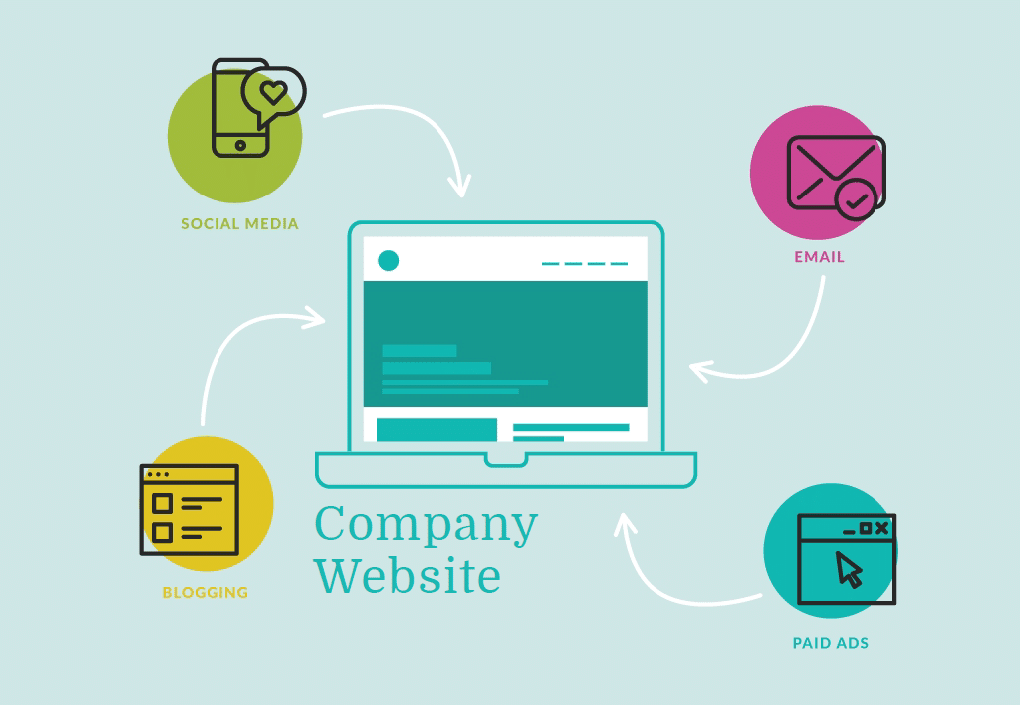It’s amazing how little it can take to put us in a bad mood. This can come from other people, but it can also come from just a bit of negative news.
In his book “Big Potential“, author Shawn Achor shares this surprising bit of insight:
“Indeed, we found that just a few minutes spent consuming negative news in the morning can affect the entire emotional trajectory of your day; our study revealed that individuals who watched just three minutes of negative news in the morning were 27 percent more likely to report their day as unhappy six to eight hours later—it was like taking a poison pill each morning that made all of your efforts, energies, and interactions throughout the day more toxic.”
That’s a huge number! Just a few minutes consuming negative news will leave over 1/4 of all people unhappy much later in the day.
The solution could be to just avoid all negative news, but I’m not sure that’s the answer either. There can be tough news out there, but it’s often worth understanding so we can try to improve the world around us. This could be school shootings close to home, or poverty in distant countries, but knowing about those problems are the only way we can begin to solve them.
For me, I think the real solution is to save that until later in the day. Start your morning on a positive note with an enjoyable routine that doesn’t involve much news or social media. As Achor shares, just tweaking a few minutes in the morning can make a big difference throughout your entire day.
This entire book was fantastic, and I encourage you to check it out.



